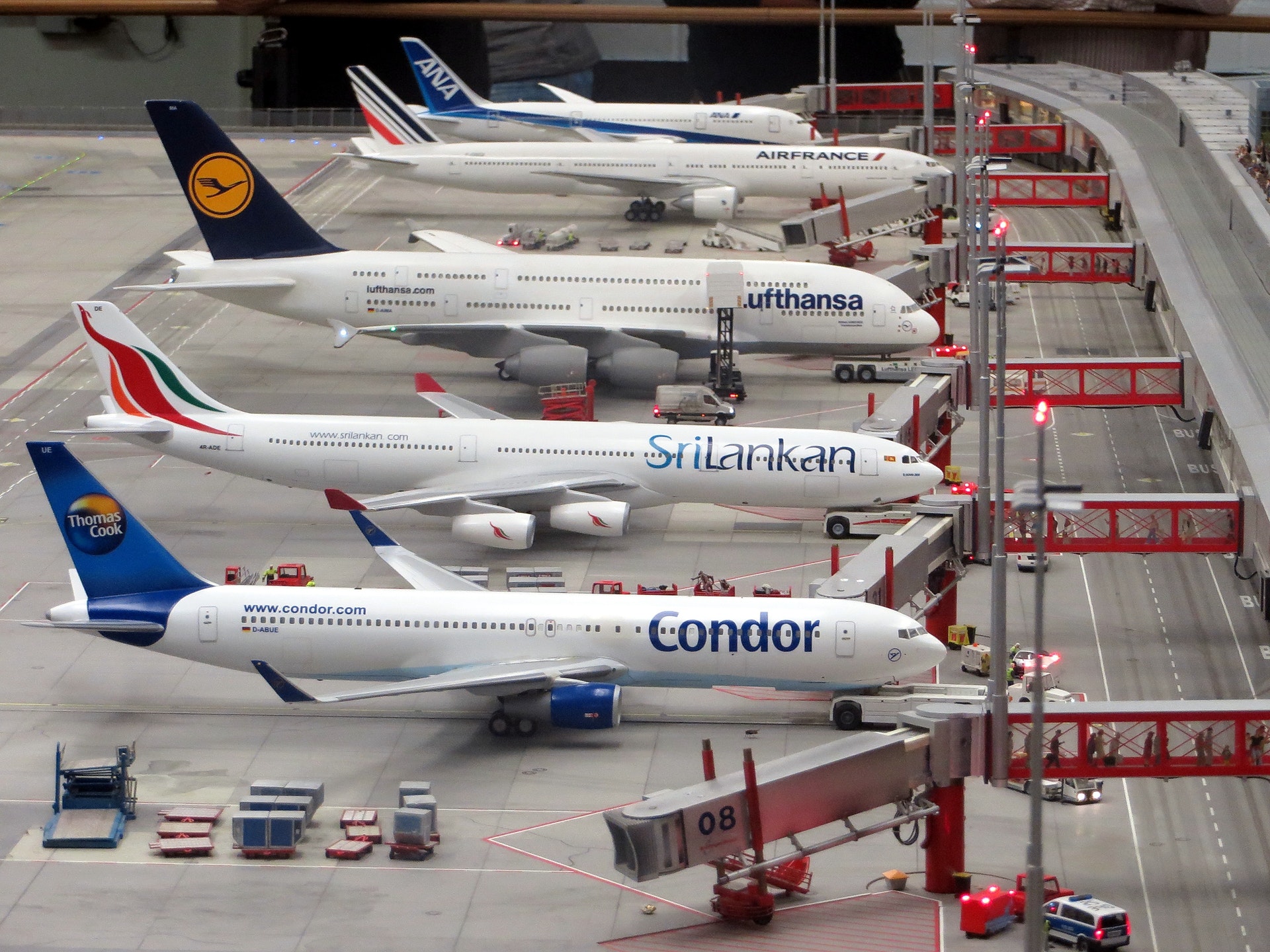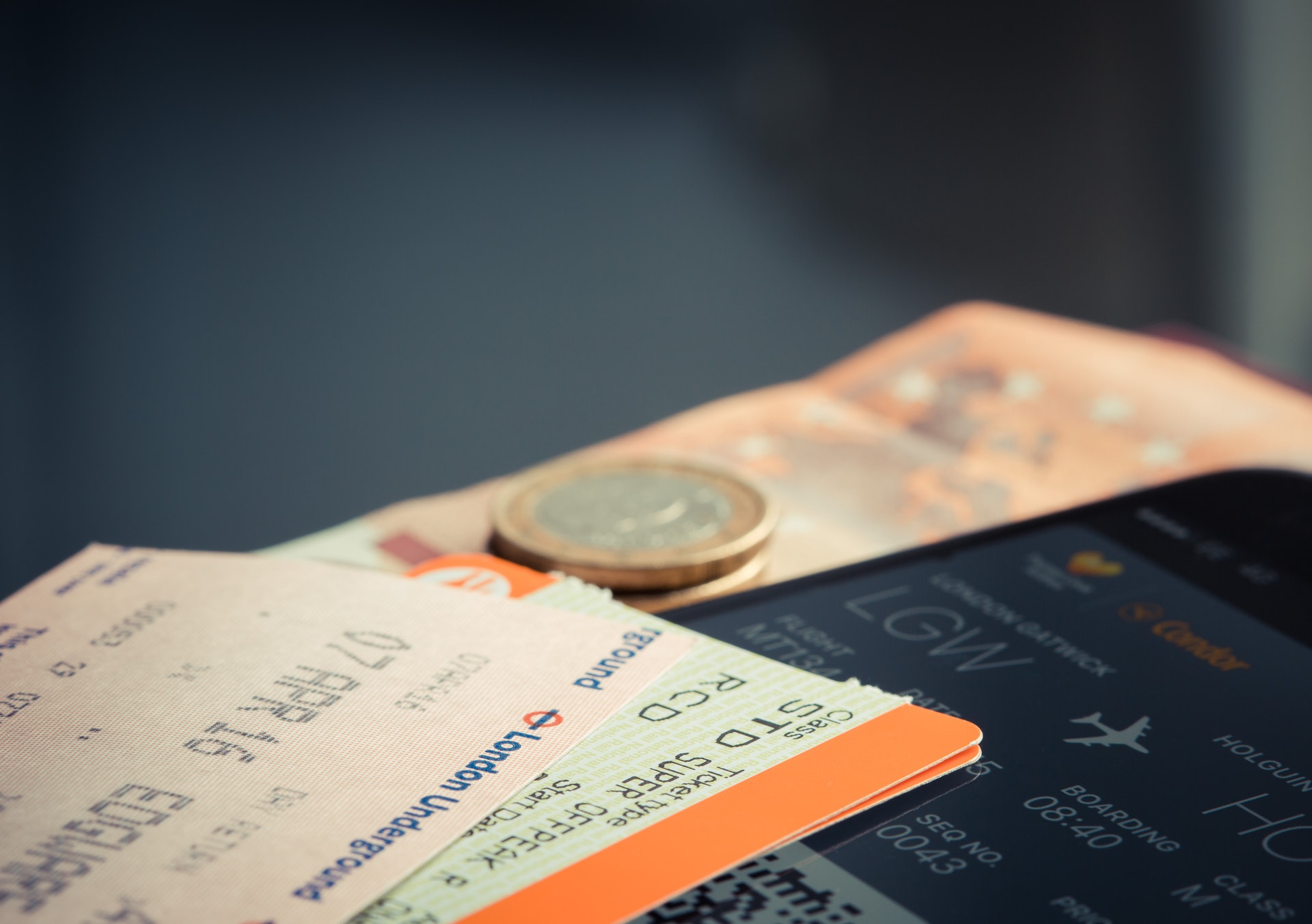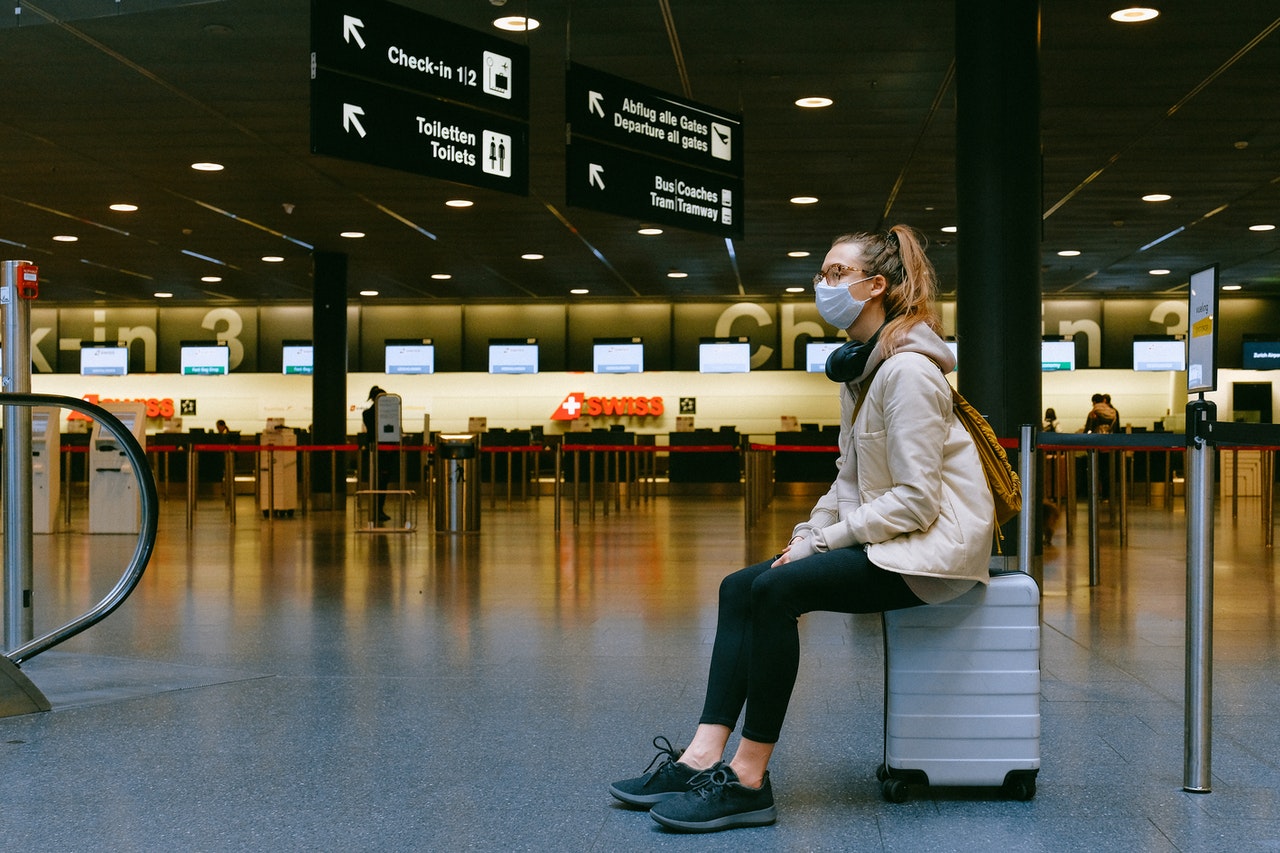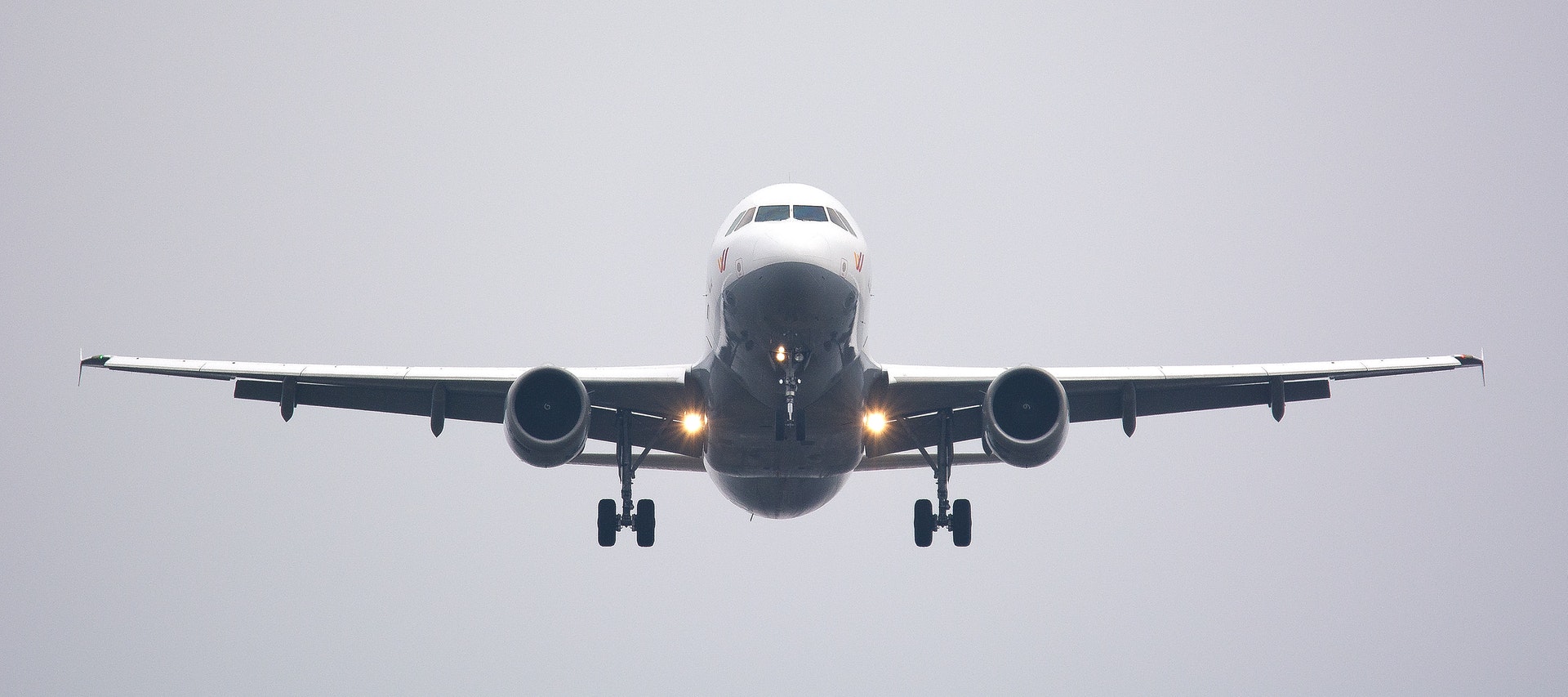Airline recovery: the post-pandemic challenges
Few industries have felt the brunt of the pandemic more than airlines. It comes as no surprise that the industry suffered a hit to revenue due to closed borders and anxiety surrounding travel. Yet, the statistics are still staggering: Airline revenue in 2020 plummeted 60% across the board compared to 2019. When this figure will spring back is still unknown.
There are a number of factors that will influence how quickly the industry will rebound, and most are outside of the airlines’ control. Vaccination rollout, coronavirus variants and customer behaviour are but a few.
The pandemic is lasting longer than anyone expected it would at the beginning, so airlines can no longer play a waiting game. Rather, they must adapt to the new landscape and find a way forward if they are to make a strong recovery. The shaky market conditions at the moment make it a tough challenge for transformation leaders, but also mean it is ripe for change.

Summer success
In the US, the summer of 2019 saw the greatest number of air passengers ever. In June 2021, the highest number of people went through US airports since March 2020, but this was still only three-quarters of the number for the same day in 2019. Many hope that the summer boom will save airlines from another year of poor revenue.
For China, this may be the case. A report showed that there are 2.88% more flights scheduled in China during the summer holidays of 2021 than there were in 2019. Though the industry is recovering well there, this is unlikely to occur worldwide because China has some of the world’s lowest rates of COVID-19 and thus fewer travel restrictions.
Countries with higher infection rates may have more trouble capitalising on the summer months. Germany has been lobbying the rest of the European Union to keep British tourists out in order to stop the Delta variant spreading. Their attempts are currently unsuccessful, but it is feasible that something like this could be introduced.
Leisure is king
It is widely thought that leisure trips will be more important than business trips to aviation’s recovery. Now most of us are used to remote working, it seems unlikely that business trips will be as numerous as pre-pandemic – certainly not for a while.
Once more people are vaccinated, numbers of holidaymakers will probably increase and so will airlines’ revenue. However, since high-paying business travellers often contribute heavily to a flight’s profits, some carriers may still struggle.
The price isn’t right
Pricing will be another delicate issue this season. Airlines will be tempted to raise their prices to cover their losses, but they must be wary. Many customers will have suffered financially this year too, and an inflated ticket price will not be particularly enticing. But, without the ability to confidently predict demand due to a world in flux, airline pricing has become a bit of a guessing game. The uncertainty has led to instances of yo-yo pricing, which sows confusion and doubt among potential flyers.

Dynamic airline pricing is often tied to the expected demand – busier times are more expensive and vice versa. This is taken care of by artificial intelligence, but the lack of data from last year and the uncertainty ahead make it difficult for the algorithms to make accurate predictions of demand. This is a great opportunity for business change because pricing will have to be addressed for airlines to make profit, especially as business trips will remain low.
A diminished workforce
After a year of cost cutting, the aviation workforce is at a low point. Southwest Airlines were forced to cancel over 2,500 flights in June 2021 alone, partly due to staff shortages. It will take time to recover the workforce, and reduced capacity during this crucial summer could hurt long-term recovery.
Specifically, a lack of confident pilots may emerge after so long without any experience of flying. Delta Air Lines let go of nearly 2,000 pilots last year and only has plans to rehire 1,000 in the next 12 months. The lag time between rising demand and adequate staffing must be kept to a minimum.
That being said, it is understandable that airlines may not want to rehire its workforce just yet. There is a risk that the pandemic worsens in some countries and customers cancel flights en masse. Hopefully, climbing vaccination numbers can provide some confidence though.
Mixed messaging
On July 19th in the UK, it will no longer be mandatory for airlines to make passengers wear face masks. Experts have strongly warned against lifting the current face mask rule. The worry is that double-vaccinated people could still carry the virus and pass it to unvaccinated or vulnerable people. Fortunately, all British airlines are keeping their face mask guidelines in place, citing their medical advisors and arrival country’s rules.

Although not the fault of airlines, this highlights the fact that mixed messaging weakens the industry’s position of leading through this crisis. There need to be clear health and safety policies in place in order for aviation to make a strong recovery – customers want assurance of their safety. Airlines will need to ensure they have strong human resources and customer service functions to cope with passengers’ uncertainty. Transformation in this area will be needed, whether that is with updated complaint handling systems or helplines.
Open or closed?
The U.S. Travel Association recently held a press conference calling on regulators to reopen the transatlantic route between London and New York. This route in particular brought $1.2 billion to the US economy per month, so is crucial to speeding up the American aviation industry’s recovery.
The variety of routes available to passengers will be key for more than just the USA. More routes give more travel options to customers and create more revenue streams. German carrier Lufthansa has said it expects most of its routes to be active by September and Air Canada just opened 17 international routes to get ahead of the summer travel demand. While they might be positioning it as an improved offering for their customers, it is obviously in support of their bottom line.

Airlines have a tough road ahead and the industry will need to revisit many things that it took for granted. Time will tell how long it takes, but companies have to focus on providing the best offering they can for customers, or their competitors surely will.
Ultimately, there needs to be transformation within the industry for airlines to build revenue back in a more challenging world. We find that even the smallest incremental changes can have a long-lasting impact within the business, as was the case for Royal Mail when they simply digitised an order form. Sometimes the route to major cost saving isn't the most apparent. With that in mind, the industry needs talented transformation leaders to head organisational change more than ever. Accelerating digital transformation should be a priority to improve certain functions for customers as well as business productivity. It won’t be easy, but companies could use this opportunity to update their processes and get ahead of their competition.
28th July
Industry Insight
Related insight
Related News
Looking to
transform?
Quicklinks

Address
Deltra Group
52-54 Gracechurch St
London
EC3V 0EH
Contact
+44 (0)207 375 9500
info@deltragroup.com



